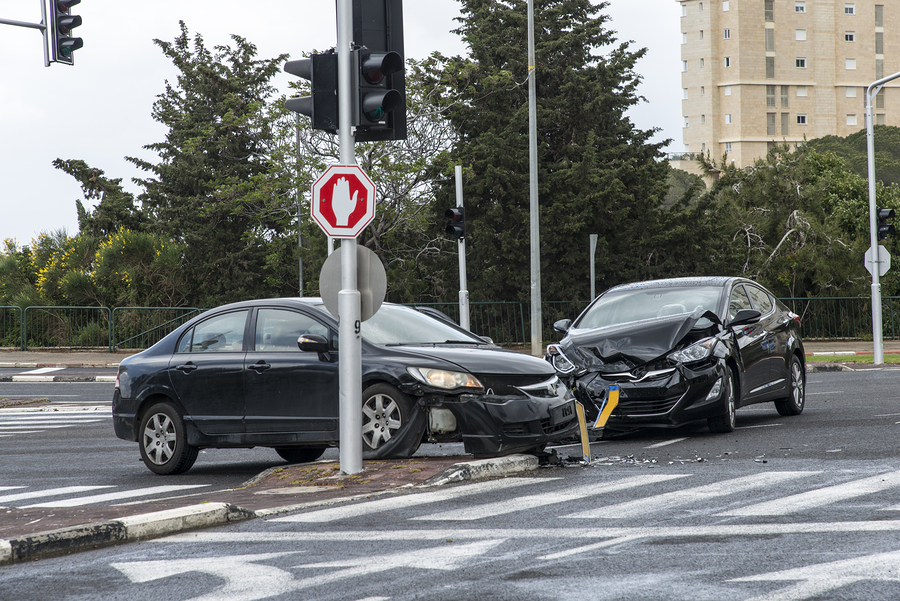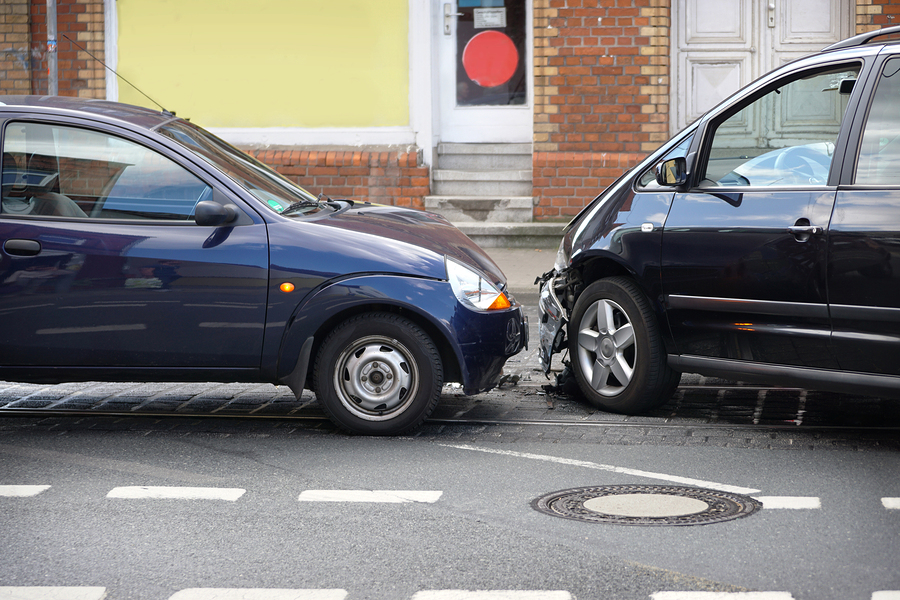If you sustained injuries in a car accident, you might be able to recover damages. A significant part of that compensation could come from pain and suffering.
To get the money you deserve, you need to prove the other party’s negligence and its negative effect on your quality of life. The amount of compensation depends on many factors, including your ability to collect convincing evidence and the experience of your legal representative.
Let’s take a closer look at obtaining fair compensation for pain and suffering from a car accident.
How do I prove pain and suffering in a car accident?
To recover damages for pain and suffering, you need to first demonstrate the other party’s negligence.
This involves:
- The defendant’s duty of care - this part is simple since all traffic participants automatically have the duty of care to behave safely on the road. This involves full compliance with relevant traffic laws.
- The defendant’s breach of duty - you have to prove that the defendant breached the above duty of care. For example, provide evidence that the other driver ran a red light.
- The cause of your injuries - you need to prove that the defendant’s breach of duty led to your injuries. For example, the driver ran a red light, hit your car, and you dislocated your shoulder.
- The actual damages - you have to prove that you incurred damages due to your injuries. This involves presenting evidence of pain and suffering.
Once you prove that the other party was negligent, you can seek damages for the harm their negligence caused. Pain and suffering is a non-economic damage. It can be harder to prove than economic damages like a damaged bumper or a broken leg.
What evidence should I present to prove pain and suffering?
To help the court decide the size of your pain and suffering compensation, you need to present:
- Documented visits to doctors and mental health specialists.
- Documents, notes, and written diagnoses from mental health specialists about your condition and its impact on your quality of life.
- Testimonies and opinions from any medical specialists that confirm the evidence of pain and suffering.
- All documentation about disabilities (short-term and long-term).
- Documents that can demonstrate how different your life has become due to the accident, including limitations of daily activities.
- Testimonies from friends, family, and co-workers who can describe your pain and suffering and confirm that the accident affected your life negatively.
The evidence doesn’t have to be in the form of an official document. It can be anything from a note and a video to photos and social media posts.
You can also keep a journal of your daily activities. It can reflect what has changed in your life and how much you’ve suffered. You can present a journal as evidence.
What type of pain and suffering can I get compensation for?
No matter how minor, if you’ve sustained injuries in a car accident, you could potentially seek compensation for pain and suffering. Unlike straightforward medical and property repair bills, pain and suffering aren’t tangible.
Examples of these damages are:
- Emotional distress
- Loss of consortium
- Loss of enjoyment
- Chronic pain
- Nerve damage
- Psychological trauma
- Grief
- Cognitive changes
- Post-traumatic stress disorder (PTSD)
Pain and suffering are physical and emotional pain you wouldn’t have to face if the accident didn’t occur. The court analyzes the presented evidence to determine how much money you deserve to receive. This amount should simplify your physical and emotional recovery.
What factors affect the amount of compensation for pain and suffering?
When calculating the extent of pain and suffering, the court and insurance companies try to review as much evidence as possible.
Factors that may affect the size of the damages include:
- The severity of your injuries.
- How long the injury will take to heal.
- If there is permanent damage to your health.
- Your employment (if the injury keeps you from doing your job).
- Previous cases (how much similar cases recovered in pain and suffering).
It’s up to you and your attorney to provide detailed evidence and extensive expert testimonies. The rest will be up to the judge, jury, or the insurance company when considering a settlement.
How much time do I have for filing a lawsuit?
It depends on the state. In Virginia, for example, the statute of limitations (the time you have for lawsuit filing) is two years. This means you have two years from the date of the accident to initiate a case.
If you file a personal injury lawsuit in Virginia after two years have passed, the court will dismiss your case.
The only exceptions are:
- The plaintiff is a minor - in this case, the clock starts running on the day the defendant turns 18.
- Disability - if the injuries cause severe intellectual disabilities that keep the defendant from filing a claim, the clock starts running when the disability lifts.
Even though you have two years to file a lawsuit, waiting too long isn’t a good option. It’s always better to start legal action while evidence and testimonies are still fresh. Your attorney will make sure you know the specific rules for your jurisdiction, and how to proceed with your case most efficiently.
Do I need an attorney to obtain compensation for pain and suffering?
Yes. Working with an experienced car accident lawyer could help you increase the amount of compensation. Proving pain and suffering is usually complicated, and often requires significant evidence and even expert testimony. Having a legal representative in your corner, one who has pursued these damages in the past and knows the best way to do so, could make a significant difference in your case.


